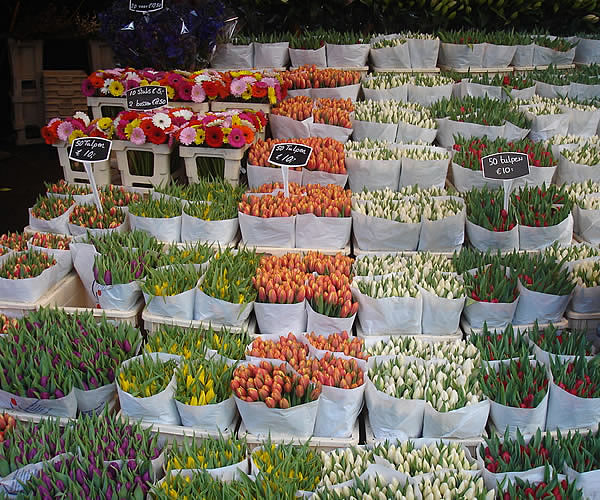
Since 1815, the Netherlands has been a constitutional monarchy and a parliamentary democracy since 1848. The Head of State, the King or Queen, is inviolable. Constitutionally the monarch still has considerable powers, but in practice it has become a ceremonial function. Responsibility mainly rests with the ministers, who are accountable to Parliament. The seat of the government, parliament and supreme court of the Netherlands is located at The Hague. Foreign embassies too are in The Hague.
The Netherlands is described as a consociational state. Dutch politics and governance are characterised by an effort to achieve broad consensus on important issues, often referred to as the polder model, within both the political community and society as a whole. In 2007, The Economist ranked The Netherlands as the third most democratic country in the world.
A multi-party system in the cabinet means that no party has ever held a majority in parliament since the 19th century, therefore coalition cabinets have to be formed. The cabinet consists usually of around thirteen to sixteen ministers. The head of government is the Prime Minister of the Netherlands, who is often, but not always, the leader of the largest party in the coalition.
While historically the Dutch foreign policy was characterised by neutrality, since the Second World War the Netherlands became a member of a large number of international organisations, most prominently the UN, NATO and the EU. The Dutch economy is very open and relies on international trade.
Both trade unions and employer's organisations are consulted beforehand in policymaking in the financial, economic and social areas. They meet regularly with government in the Social-Economic Council. This body advises government and its advice is taken seriously.
The Netherlands has a long tradition of social tolerance. In the 18th century, while the Dutch Reformed Church was the state religion, Catholicism and Judaism were tolerated. In the late 19th century this Dutch tradition of religious tolerance transformed into a system of pillarisation, in which religious groups coexisted separately and only interacted at the level of government.
Key Political Parties: The Netherlands has a number of different political parties. Currently, the largest are the CDA (Christian-Democrats), PvdA (Labour Party) and VVD (Liberal Party). In addition, there are a number of smaller political parties, e.g. Groen Links (Left Environmentalists Party), the SP (Socialist Party), CU (Christian Union) and the right-wing LPF. The latter party became well known after its spokesman (Pim Fortuyn) was assassinated in 2003, just before the elections.
Administration: The Netherlands is divided into twelve administrative regions, called provinces, each under a Governor, who is called Commissaris van de Koningin (Commissioner of the Queen), except for the province Limburg where the commissioner is called Gouverneur (Governor) which underlines the more "non-Dutch" mentality. All provinces are divided into municipalities (gemeenten), 458 in total (1 January 2006). The country is also subdivided in water districts, governed by a water board (waterschap or hoogheemraadschap), each having authority in matters concerning water management. The creation of water boards actually pre-dates that of the nation itself, the first appearing in 1196. In fact, the Dutch water boards are one of the oldest democratic entities in the world still in existence.
Sources
Update 29/02/2008
Keep more of your money when transferring funds overseas!

If you want to move money abroad, from the Netherlands or to the Netherlands for example, Fexco provides efficient and secure global bank to bank transfers and bespoke payment solutions for both business and personal clients.
Why Fexco
Fexco provides a secure international money transfer service online or by telephone with bank beating fx rates and low fees. Specialises in high-value transfers.
Main characteristics
Fexco will help you to keep your overseas money transfer costs to a minimum.
| Margin | 0.6% |
|---|---|
| Regulator | FCA |
| Fee | £10 < £5K or Free > £5k |
| Mini | £1K |
| Ccy | All (130 currencies, incl ‘exotics’) |
| Services | Repatriation of funds, Property, Regular payments, High Value payments, spot, online, telephone. |
Get an online quote today
When you are ready to make your transfer, John and his team will be available to help you with better rates and an unrivalled service to make sure your funds are delivered securely and speedily.
